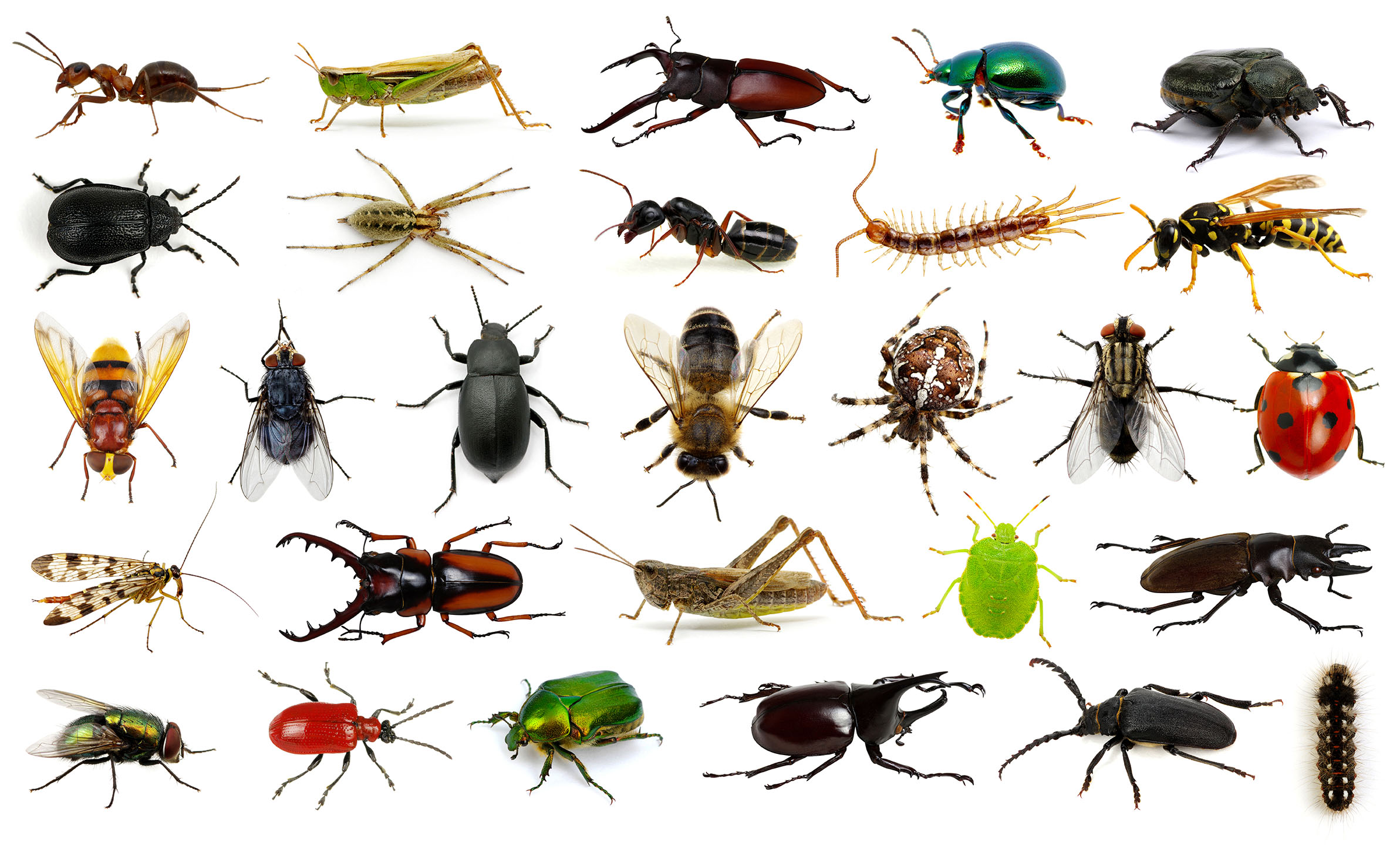
< Back
insect
Definition
Insects are a diverse group of invertebrates that make up the largest class of animals on Earth. There are over one million known species of insects, and new species are being discovered all the time.
Insects have a number of distinguishing features, including:
- A three-part body: head, thorax, and abdomen
- Six legs
- One or two pairs of wings
- A hard exoskeleton
Insects play an important role in the ecosystem. They are pollinators, decomposers, and predators. They also serve as food for other animals.
Insects can be beneficial to humans in a number of ways. They pollinate crops, control pests, and provide us with food and materials. However, some insects can also be harmful to humans, such as those that carry diseases or bite.
How can the word be used?
The insectan life of the rainforest is incredibly diverse.

Different forms of the word
Noun: insect.
Adjective: insectan, insectile.
Verb: insectify.
Etymology
The word "insect" comes from the Latin word "insectum", which means "cut into". This is a reference to the segmented body of insects.
Question
Last as many insects as you can.
AQA Science Exam Question and Answer
Question:
Explain the unique characteristics of insects that distinguish them from other arthropods, and discuss the importance of insects in ecosystems and human society. Provide examples of beneficial and harmful insects, highlighting their roles in pollination, pest control, and disease transmission.
Answer:
Insects are a diverse group of arthropods with distinct characteristics that set them apart. They have a three-part body (head, thorax, abdomen), six legs, and often wings. These features differentiate them from other arthropods like spiders and crustaceans.
Insects play vital roles in ecosystems and human society. One of the most significant roles is pollination, where insects like bees, butterflies, and beetles transfer pollen between flowers, facilitating the reproduction of many plants. This process is essential for the production of fruits, vegetables, and nuts that make up a substantial part of human diets.
In agriculture, insects contribute to pest control. Ladybugs, for instance, feed on aphids, reducing crop damage. However, some insects can be harmful, causing crop losses and transmitting diseases. Mosquitoes, for example, transmit diseases like malaria and dengue fever.
In addition to ecological roles, insects have cultural and economic importance. Honeybees produce honey and beeswax, while silkworms provide silk for textiles. Insects also serve as indicators of ecosystem health; changes in insect populations can reflect broader environmental changes.
In conclusion, insects possess unique characteristics that distinguish them from other arthropods. Their roles in pollination, pest control, and disease transmission are vital for ecosystems and human society. Beneficial insects contribute to food production and economic activities, while harmful ones necessitate disease management strategies. Understanding the roles and significance of insects is crucial for maintaining ecosystem balance and sustaining human well-being.